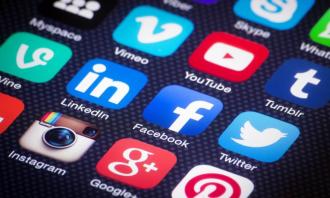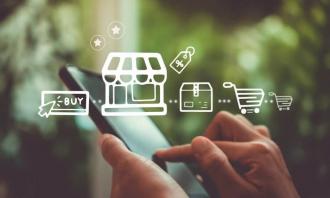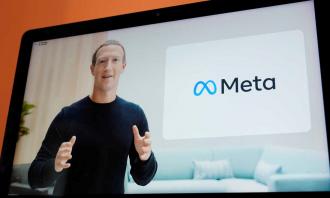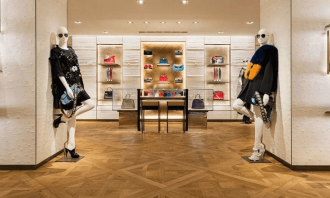


Nissrine Fessikh
26-11-2021 7 min readThe Shift from Big Data Ad Targeting to Consent-Based Personalization in 2022
As people become increasingly wary of who collects their data and how it is used, brands are increasingly leveraging their existing customer relationships and using first-party data to glean insights into consumer behavior.
The 2022 'meta' trend will be a shift from Big Data ad targeting to consent-based personalization, and there will be a growing shift in focus for brands across the supply chain to bring consumer learnings in-house to feed into strategic decision-making.
The end of big data?
Mega data has been hailed as the Holy Grail of consumer data and has proven to be powerful - even too powerful in the case of, for example, Cambridge Analytica, for targeted advertising. By tracking people who have liked similar posts, photos, or political views, and assuming that all these people will behave similarly, advertisers have been able to offer them targeted ads. But it's a blunt tool if you're a business that wants to grow your market or your audience. When the data is just too big, it's not useful because it doesn't tell you anything about your consumer's buying behavior or anything useful that could help you in your strategic decision-making.
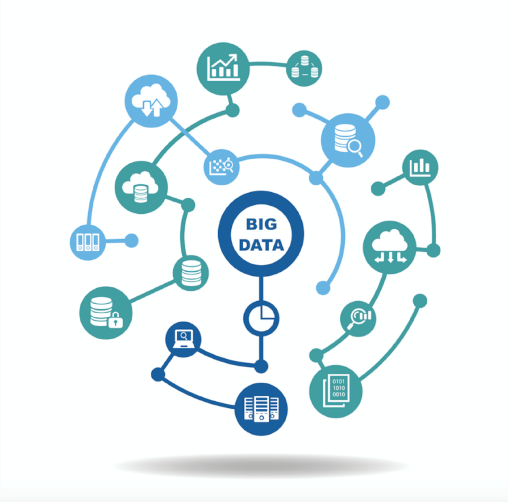
It's time to move on to more traditional research methods: identifying who the current audience is; why they came to you in the first place; what they see as the benefits of interacting with your brand and what the barriers to their experience are. The result is a step towards individualized data and the application of learning on a wider scale.
Data personalization: consumers expect you to use their data for the right reasons
We are seeing a huge shift in consumer attitudes towards data privacy. Not all data is bad data, as long as it is voluntary.
Consumers are happy for companies to have their data if they understand the benefits. Brands will need to work harder to provide personalized experiences based on the data their audience agrees to share.
Accenture found that 73% of Americans would share data if the use was transparent and Epsilon found that 80% of shoppers want personalized experiences.

Android12 gives enormous privacy control to its users, who can choose to accept or decline what data is shared, and they have a great conversation about why they collect the data they do and the benefits to users. We'll see more of this as other companies follow in the footsteps of the privacy and personalization pioneers. Apple has already made it part of its key advertising message.
In recent years, the world of consumer data and information has sometimes been a bit scary with concerns about cookies and privacy, but we are entering a new era of humanizing data - one that remembers that we are all more than just numbers.
Don't miss any news, subscribe now!
Related articles
Publications recommandées


